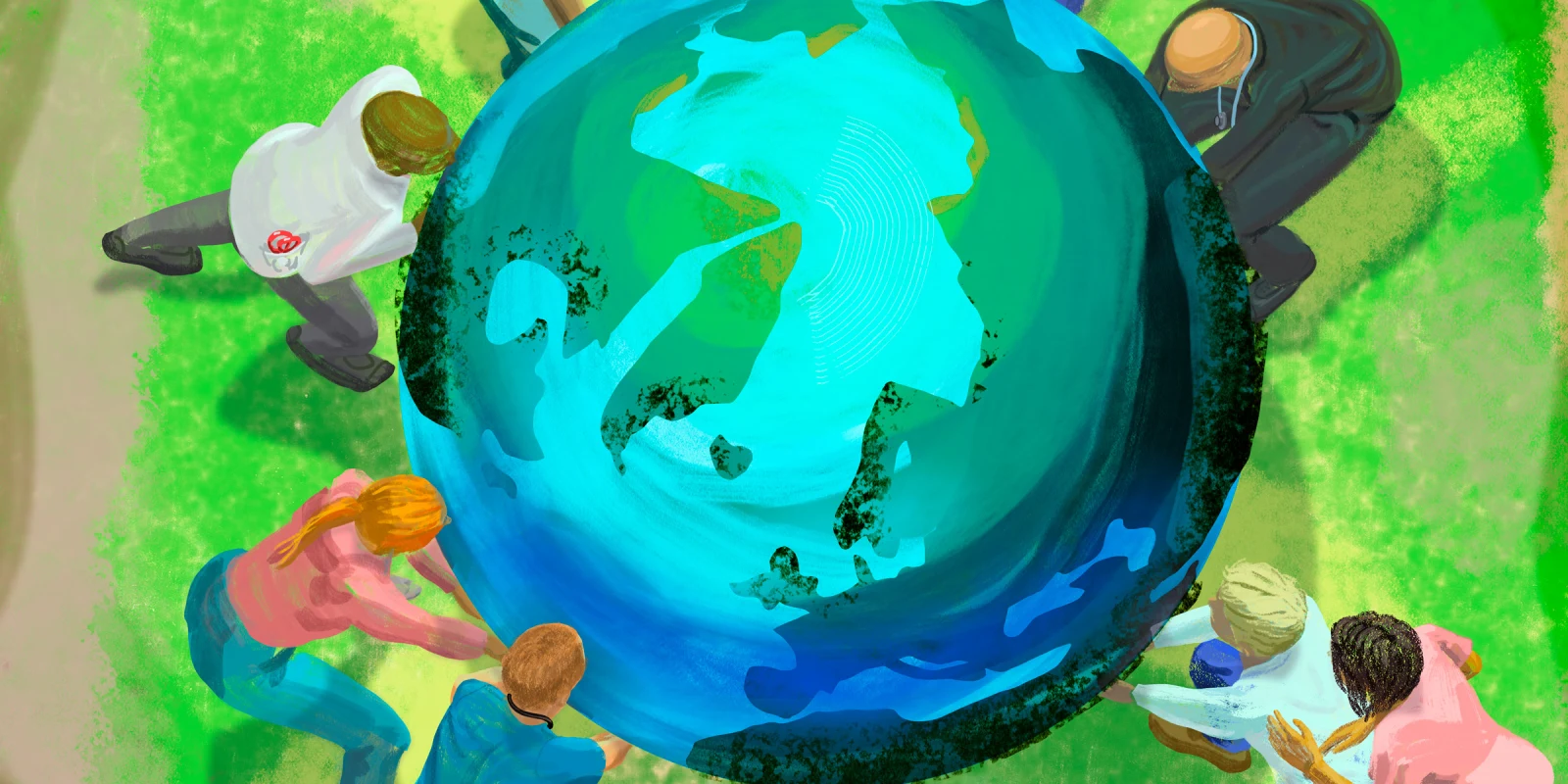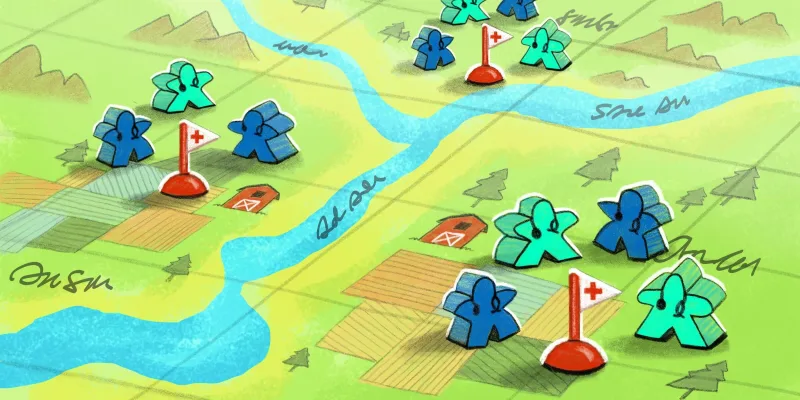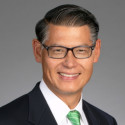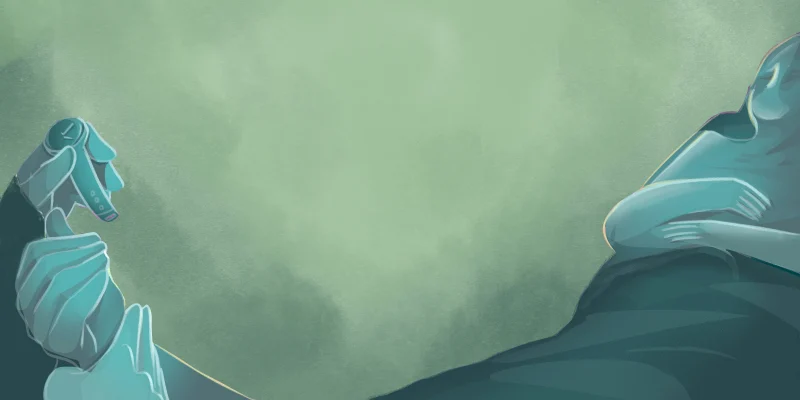When we enrolled in medical school, we never expected this. We did not anticipate sitting in a virtual classroom with 50 elementary school students in Miami, Florida, leading workshops about wellness, mental well-being, and racism in medicine, in the midst of a global pandemic and one of the largest race-related uprisings of our generation. As our series of virtual workshops came to a close, we waved goodbye through the computer screen to familiar, smiling faces, all from diverse backgrounds, and realized how being a medical student was so much more than we ever imagined. Beyond learning how to diagnose and treat diseases, we had the privilege of introducing children to tools they could use to pave the way for a brighter present and future.
Before the pandemic, our medical student group offered elementary school students in an underserved area a field trip to the local university for a day of learning about science. The trip was an incentive for good academic performance. We hoped to inspire them to pursue higher education. When COVID-19 caused nationwide school closures, we set out to adapt our approach and provide valuable programming while maintaining the meaningful and formative experience of the field trips. Additionally, the school continuously received heartbreaking reports that the pandemic was exacerbating the adversities these children faced at home.
In this pivotal moment, the school administration called us to expand our usual teachings about anatomy and nutrition to include lessons that addressed topics like mindfulness, emotional regulation, mental health, and cultural awareness. We ditched our traditional textbooks and researched current evidence-based practices for teaching these topics to elementary school students. These were not lessons that we had received in lectures before (though perhaps they should be). We organized, planned, and readied ourselves to take on this new challenge.
The first lesson we learned was the power that medical students have as leaders and teachers in a community confronting racism. As social progress organizations re-energized this past year, we, along with the school administration, agreed that we had an opportunity to use this platform to teach children at an early age about racism in medicine; to show them that medicine has come a long way in addressing racism but still has a long ways to go; and to show them how through hard work they, too, could be a part of that change through a career in health care.
Through a thought experiment about research trials in history that were inherently racist, like the Tuskegee syphilis study, we discussed the need for compassion and how individuals of all backgrounds deserve equal access to quality health care. Looking through the camera lens into a classroom of predominantly Black and Latino children, the pain they saw daily on the news and felt in their own living rooms at home became evident to us, and we encouraged them to find ways to become their own impetus for change.
The second lesson we learned was the importance of normalizing conversations about mental health. Many of these children come from homes and communities where the cultural norm is to suppress feelings, and that addressing one’s mental health is a weakness. As medical students, we predominantly learn about physical health — about physiology and pathology, about physical pain and illness. But what goes on inside the mind is just as important for health care professionals to address, and the earlier that we begin teaching that message to our youth, the sooner they can begin leading healthier physical and mental lives. Our medical school psychiatry course focused mostly on depression, psychosis, and other serious psychiatric diagnoses. We did not cover how important mindfulness, breathwork, meditation, journaling, and therapy could be. Preparing for these workshops addressed not only our personal curriculum gaps, but also introduced the elementary school students to these strategies for emotional and behavioral regulation. Forced to be home because of the pandemic, these children were facing significant emotional stress. We hoped to contribute, in however small a way, to improving their daily wellness by teaching them skills for successful reflection and coping.
The final lesson we learned was that collaboration in health care can come in the most serendipitous of places. Recent guiding principles from the American Academy of Pediatrics emphasized its belief that team-based care, which involves medical professionals and community partners, is a critical component of high-quality health care for children and their families. In our case, we put that interdisciplinary model into action by forming a team comprising five medical students, an elementary school gym teacher, and a second-grade teacher. We seized the opportunity to use our unique and collective skills and platform to make a difference in the lives of the children in this school community. What we all had in common: passion and compassion for working with children facing adversity, a love for teaching, and a desire to use innovative methods to bring mindfulness and provide emotional skills to these children during challenging times.
After the last workshop on racism in medicine, our main collaborator and head of the physical education program at the elementary school reached out to us in a video call with tears in her eyes about how grateful she felt for the months of programming we had developed. Our efforts were successful because of the interdisciplinary work we did with school teachers, who have been true heroes throughout the pandemic. While medical students are not able to write prescriptions for patients, we can still have a meaningful impact in a way that we did not foresee before starting medical school. Educating kids on how to start conversations about current events and mental health are important skills that we will be able to integrate in our future practices to provide well-rounded, high-quality health care.
Have you had opportunities to serve your community during the pandemic? Share your experiences in the comment section.
Hannah Zwiebel is an MD/MPH candidate at the University of Miami Miller School of Medicine who has participated in research in the areas of pediatric mental health, maternal and fetal health, and school-based medicine. She is interested in pediatric health disparities, educating children in underserved communities about mental health and wellness, and expanding school-based medicine programs to increase children’s access to quality health care. She is excited to be pursuing a career in pediatrics.
Melanie Gershman is an MD candidate at the University of Miami Miller School of Medicine who has participated in research in the areas of pediatric school-based medicine and cardiac electrophysiology. She is interested in improving and expanding care for pediatric patients with special needs as well as educating children in underserved communities about mental health and wellness. She is excited to work with pediatric patients in the future.
Gabriella Llano is an MD/MPH candidate at the University of Miami Miller School of Medicine who is interested in and looking forward to pursuing a career in pediatrics. She has a passion for working with individuals with intellectual and developmental disabilities, with a long history of volunteering with various disability advocacy groups. Her research experience lies in the areas of youth caregiver identification and advocacy, along with working to analyze and better local family navigation programs.
Tatiana is an MD candidate at the University of Miami Miller School of Medicine. She is passionate about working with the pediatric population and currently hold leadership positions across multiple organizations within the University of Miami that specialize in serving the Debbie School, Holtz Children's Hospital as well as other community partners.
Illustration by April Brust






